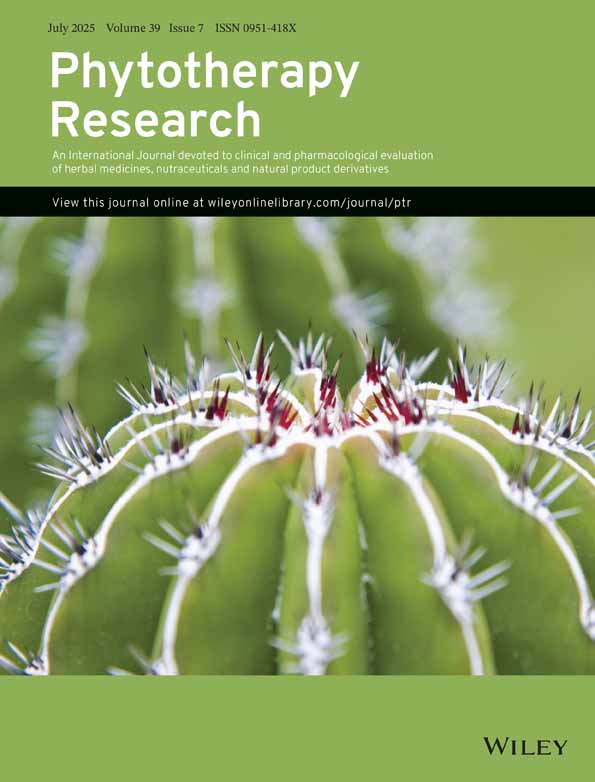Increase of Active Oxygen in Rats after Nephrectomy is Suppressed by Ginseng Saponin
Abstract
Subtotally nephrectomized rats were found to have decreased activities of superoxide dismutase (SOD), catalase and glutathione peroxidase, and spin-trapping with 5,5-dimethyl-1-pyrroline-N-oxide showed that the amount of hydroxyl radical (·OH) in the residual kidney tissue was greater than that in the normal kidney. In contrast, rats given ginseng saponin (25 mg/kg body weight) orally for 30 days after subtotal nephrectomy showed restoration of catalase activity to almost a normal level. A significant increase in SOD activity was observed. ·OH, which is highly reactive and for which there is no scavenger system in the body, was decreased markedly in kidney homogenates obtained from rats given ginseng saponin. The increased levels of uraemic toxins in the blood were also reduced in rats given ginseng saponin. These findings indicate that ginseng saponin helps to inhibit the progression of renal failure by scavenging radicals.




